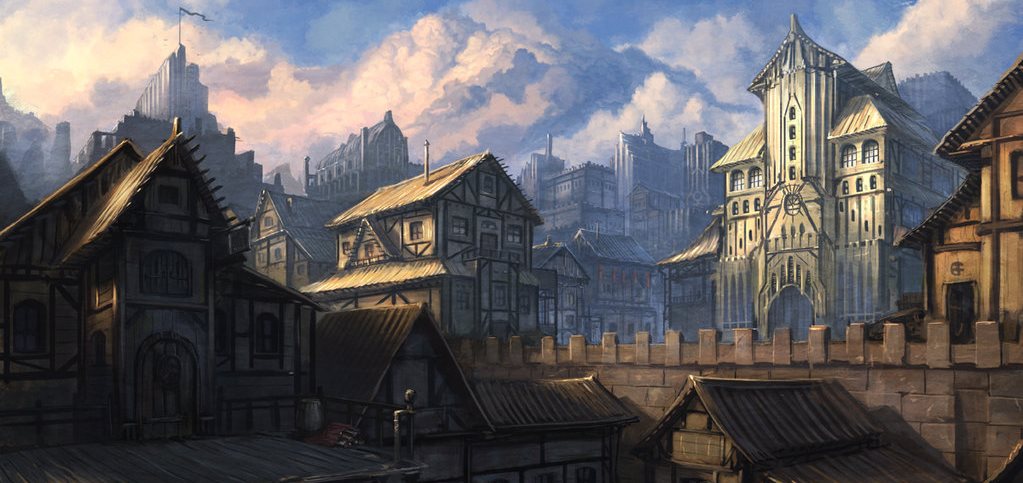Human
"For all their faults, humans have one common strength - being able to unite without question in the face of true mortal danger"Humans are by far the youngest of the common races, late to arrive on the world scene and short-lived in comparison to dwarves, elves, and dragons. Perhaps it is because of their shorter lives that they strive to achieve as much as they can in the years they are given. Or maybe they feel they have something to prove to the elder races, and that’s why they build their mighty empires on the foundation of conquest and trade. Whatever drives them, humans are the innovators, the achievers, and the pioneers of the worlds. With their penchant for migration and conquest, humans are more physically diverse than other common races. There is no typical human. An individual can stand from 5 feet to a little over 6 feet tall and weigh from 125 to 250 pounds. Human skin shades range from nearly black to very pale, and hair colors from black to blond (curly, kinky, or straight) - males might sport facial hair that is sparse or thick. A lot of humans have a dash of nonhuman blood, revealing hints of elf, orc, or other lineages. Humans reach adulthood in their late teens and rarely live even a single century. Humans are the most adaptable and ambitious people among the common races. They have widely varying tastes, morals, and customs in the many different lands where they have settled. When they settle, though, they stay: they build cities to last for the ages, and great kingdoms that can persist for long centuries. An individual human might have a relatively short life span, but a human nation or culture preserves traditions with origins far beyond the reach of any single human’s memory. They live fully in the present—making them well suited to the adventuring life—but also plan for the future, striving to leave a lasting legacy. Individually and as a group, humans are adaptable opportunists, and they stay alert to changing political and social dynamics.~ Escobert the Red, Former Castellan of Greenest
Civilization and Culture
Naming Traditions
Having so much more variety than other cultures, humans as a whole have no typical names. Some human parents give their children names from other languages, such as Dwarvish or Elvish (pronounced more or less correctly), but most parents give names that are linked to their region’s culture or to the naming traditions of their ancestors.
Culture and Cultural Heritage
The material culture and physical characteristics of humans can change wildly from region to region. The clothing, architecture, cuisine, music, and literature are different in the lands of the north than in rolling fields of the south—and even more distinctive in far-off Caralia.
Interspecies Relations and Assumptions
As the pioneers of the world, humans tend to make friends with just about every other race, and can serve as ambassadors between almost any two cultures. Notable exceptions include a distrust toward some of the rarer races, such as the devil-born tieflings and the shadowy dark-elves.
Lifespan
Less than a century
Average Height
5' 0" - 6'5"
Average Weight
125 - 250 pounds
Remove these ads. Join the Worldbuilders Guild









Comments